The year 2025 will witness a strong transformation in the Vietnamese tourism industry, especially in the travel behavior of young people (Gen Z and Millennials). In particular, independent travel and sustainable travel with strong support from social networks are forming new trends.
Young people prioritize independent travel
Unlike previous generations, young Vietnamese people today prefer independent travel instead of package tours. According to Mr. Nguyen Huy Hoang, Managing Director of Klook Vietnam market, more than 70% of young tourists choose this form. The main reasons come from financial factors and the desire to freely explore and experience according to personal preferences without being constrained by the framework of pre-organized tours.
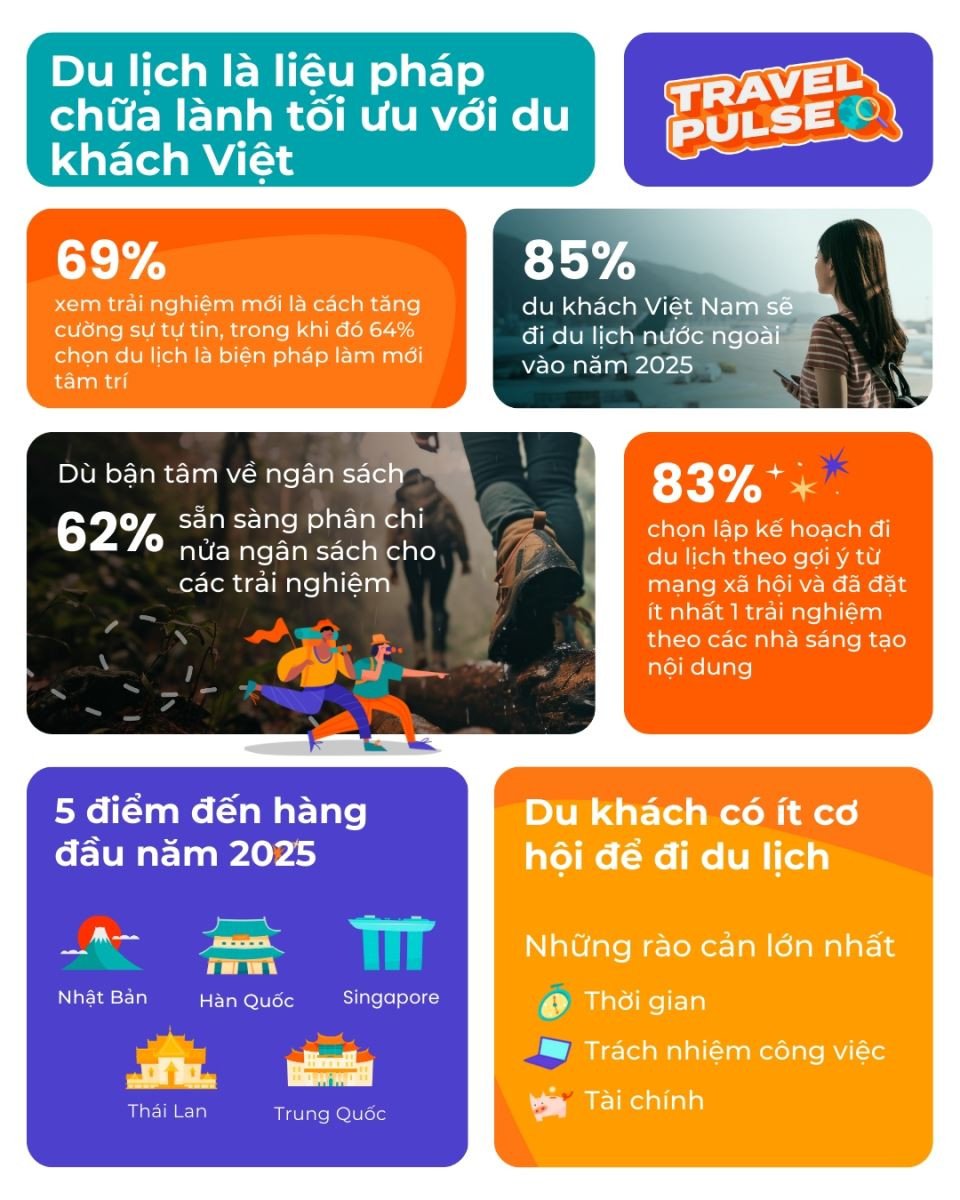
According to a survey by Klook Travel Pulse 3.0, 91% of young travelers are willing to spend half of their budget on real-life experiences, instead of investing in airfare or luxury accommodations. In particular, Gen Z in Vietnam tends to choose lesser-known destinations, adventure tours or "digital detox" vacations to optimize personal experiences, away from the hustle and bustle of modern life.
Notably, social media is considered to play an important role in promoting the independent travel trend, becoming a powerful promotional tool for tourist destinations. The Klook Travel Pulse 3.0 report shows that 79% of travelers choose travel activities, hotels and dining experiences based on recommendations from social media. In particular, 27% are willing to spend 20% more just to visit famous places on Instagram or TikTok.
In Vietnam, more than 90% of tourists choose a destination based on its popularity on social media or because of its photo-worthy scenery. Gen Z is heavily influenced by travel influencers, while Millennials often seek advice from bloggers and vloggers.

A typical example is the tourism boom of Moc Chau after the Lunar New Year 2025. When the picturesque plum blossom forest was shared on TikTok, it attracted thousands of visitors to take pictures. Or Tam Duong district (Lai Chau), which has made the most of social networking platforms to promote tourism, introducing unique destinations and the unique culture of 12 ethnic groups. Thanks to this strategy, Tam Duong tourism has developed strongly, contributing to promoting the local socio-economy .
It can be said that with strong support from social networks and changes in young people's travel habits, independent travel will continue to grow strongly in Vietnam in the future. Destinations do not only rely on traditional tours but must be creative and adaptive to attract young tourists. Promoting tourism through social networks and the development of tourism types such as trekking and community tourism will promote sustainable tourism in Vietnam.
Sustainable tourism trends
Sustainable tourism is no longer a short-term trend but has become an inevitable requirement in the global tourism industry and Vietnam is no exception. According to a survey by Agoda on sustainable tourism in 2025, 77% of Vietnamese tourists prioritize sustainability when planning their travel, higher than the average across Asia (68%).
Accordingly, Vietnam is currently one of the countries with the highest level of interest in sustainable tourism, just behind the Philippines (86%), India (82%), Taiwan (80%) and Malaysia (80%). Mr. Vu Ngoc Lam, Director of Agoda Vietnam, said that Vietnamese tourists are increasingly interested in sustainability and choose environmentally friendly services and activities.
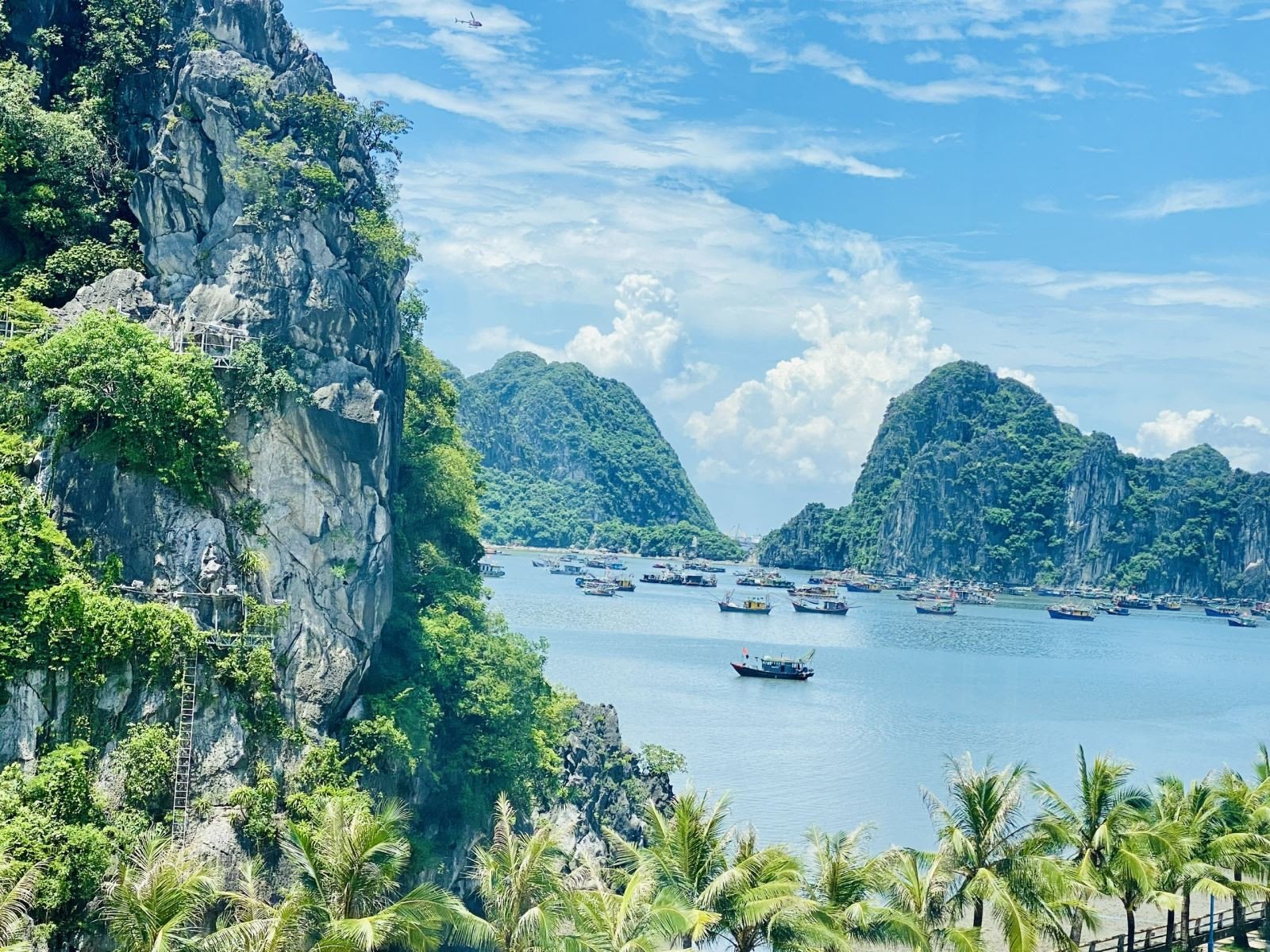
Not only showing awareness, Vietnamese tourists also have specific actions to protect the environment. The survey shows that 27% of tourists prioritize experiencing local culture, 19% want to contribute to the local economy, 22% choose to travel in the low season to reduce pressure on destinations and 21% prioritize accommodation facilities with sustainability certification.
Booking.com’s report also found that 96% of Vietnamese travelers said sustainable travel was important to them and 94% wanted to take more eco-friendly trips in the coming year. However, some expressed fatigue from hearing so much about climate change, with 40% saying that the environmental damage that has already occurred is irreversible.
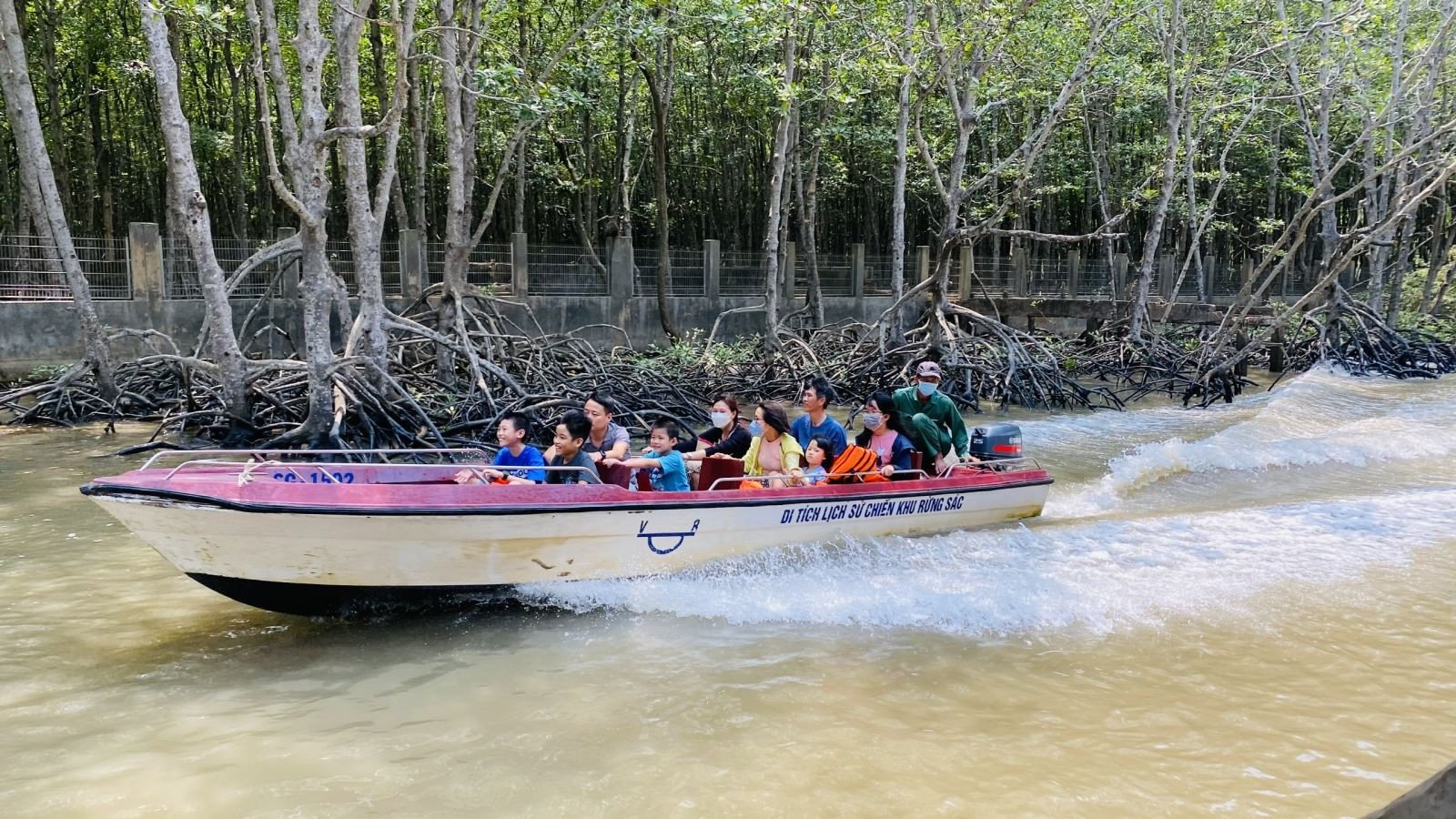
In general, the shift from purely leisure tourism to tourism that has a positive impact on the community and the environment is an inevitable trend. Trips are no longer just sightseeing but also an opportunity for tourists to participate in conservation projects, community activities or cultural exchanges.
According to the tourism industry, tourists are now looking for tourism products that are closely linked to nature, culture, health and community. These options not only help preserve heritage values but also bring long-term benefits to local communities.
Experts say that Vietnam is facing a great opportunity to develop sustainable tourism, especially when tourists’ awareness and actions are increasingly aligned. Initiatives such as reducing plastic waste, using renewable energy and encouraging responsible tourism are becoming increasingly popular. Cooperation between management agencies, tourism businesses and local communities is an important factor to ensure sustainable development for Vietnam’s tourism industry in the coming years.
Source



![[Photo] Party and State leaders attend the special art program "You are Ho Chi Minh"](https://vphoto.vietnam.vn/thumb/1200x675/vietnam/resource/IMAGE/2025/5/18/6895913f94fd4c51aa4564ab14c3f250)
![[Photo] Many young people patiently lined up under the hot sun to receive a special supplement from Nhan Dan Newspaper.](https://vphoto.vietnam.vn/thumb/1200x675/vietnam/resource/IMAGE/2025/5/18/6f19d322f9364f0ebb6fbfe9377842d3)


![[Photo] Ready for the top competitions of Vietnamese table tennis](https://vphoto.vietnam.vn/thumb/1200x675/vietnam/resource/IMAGE/2025/5/18/9c547c497c5a4ade8f98c8e7d44f5a41)











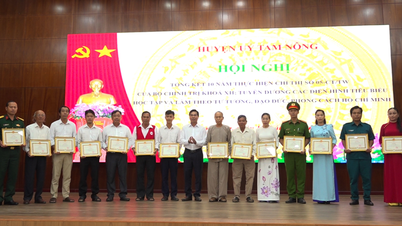



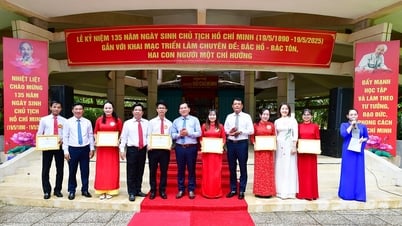







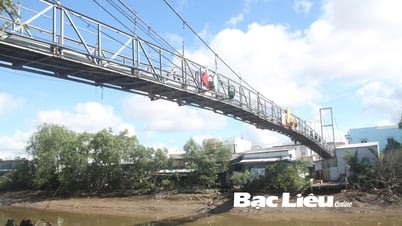
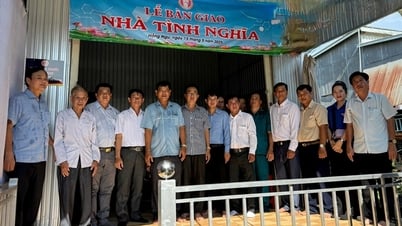





















































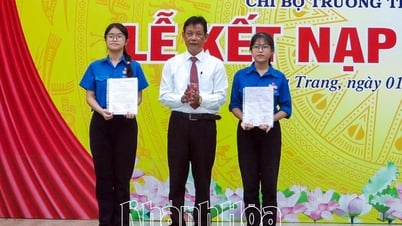
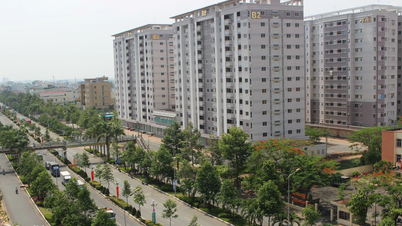











Comment (0)